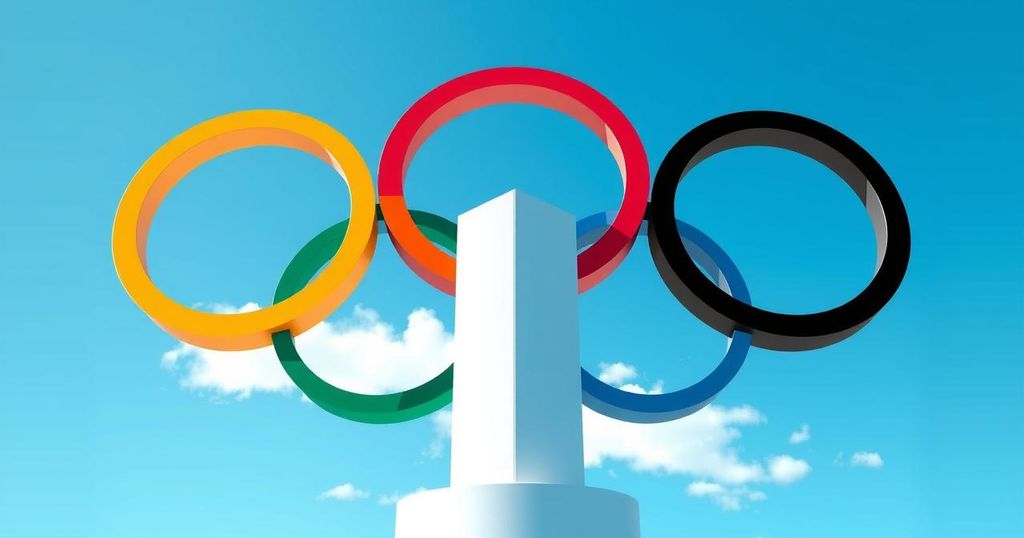Kirsty Coventry has been elected as the first woman and first African president of the International Olympic Committee. She is the youngest president since its co-founder. Coventry faces immediate challenges, including preparation for the 2028 LA Olympics and policies on transgender athletes, while also addressing the climate crisis affecting the sports world.
Kirsty Coventry has been elected as the 10th president of the International Olympic Committee (I.O.C.), marking a significant milestone as she becomes both the first woman and the first African to assume this prestigious role in sports governance. At 41 years of age, Coventry stands out as the youngest president of the I.O.C. since its co-founder, Baron Pierre de Coubertin, in the late 19th century. She has previously excelled as a swimmer, securing seven of Zimbabwe’s eight Olympic medals, including two golds from the 2004 and 2008 Games.
The election process, heavily scrutinized and compared to a papal conclave, concluded dramatically with a decisive win for Coventry in the very first round of voting. The assembly consisted of a diverse group including sports leaders, royals, business magnates, and celebrities. Coventry’s victory places her at the pinnacle of global sports leadership, where she must exhibit a blend of diplomatic finesse, financial acumen, and sports management expertise to navigate the complexities of the role.
The president of the I.O.C. is tasked with overseeing the organization responsible for the Olympic Games, which occur biennially and yield immense financial outcomes influential to global politics. The preceding president, Thomas Bach of Germany, faced numerous challenges throughout his 12-year tenure, including scandals involving state-sponsored doping, an unwillingness from some democracies to host due to escalating costs, and the impact of the COVID-19 pandemic, which delayed the Tokyo Olympics.
As she takes office, Coventry will confront pressing issues, such as preparations for the 2028 Summer Olympics in Los Angeles and the examination of policies regarding transgender athletes. Furthermore, she must address the significant ramifications of the climate crisis affecting the global sports landscape.
Kirsty Coventry’s election as the I.O.C. president represents a historic breakthrough for gender and geographical representation in sports leadership. As her term commences, she faces important challenges including the rights of transgender athletes and the impending climate crisis. Her responsibilities will demand exceptional leadership and strategic decision-making to navigate the complexities of the role and the future of the Olympic movement.
Original Source: www.nytimes.com






